Thalia Zedek - Interview
by John Clarkson
published: 13 / 1 / 2002
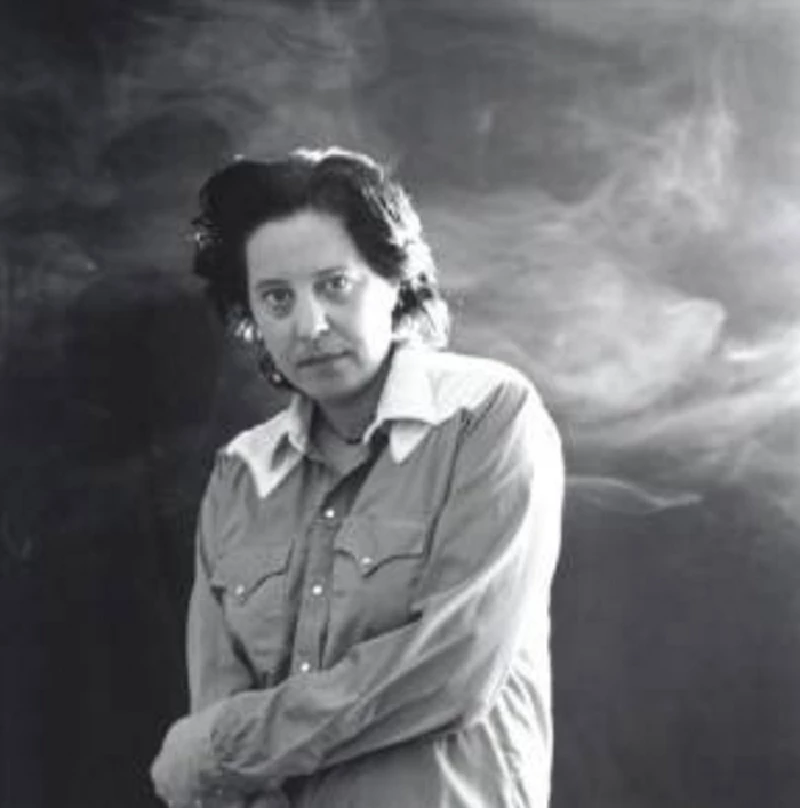
intro
One of the most influential and important singers and guitarists in American indie rock, Thalia Zedek has a long musical career that expands across four decades and nearly twenty five years. After moving from Washington to Boston in the late seventies,
One of the most influential and important singers and guitarists in American indie rock, Thalia Zedek has a long musical career that expands across four decades and nearly twenty five years. After moving from Washington to Boston in the late seventies, she fronted various post punk bands including the all female Dangerous Birds ; Uzi and the New York based Live Skull, before forming the much acclaimed Come with fellow guitarist and former Codeine drummer, Chris Brokaw, in 1990. During the 1990s, Come recorded four highly regarded albums, 'Eleven : Eleven' (1992), 'Don't Ask, Don't Tell' (1994), 'Near Life Experience' (1996) and 'Gently Down the Stream' (1998), each of which combined a fierce, often menacing sound with distorted guitar work and honest and emotionally wrought lyricism. The former album in particular was to prove a major influence on Kurt Cobain, Bob Mould and Dinosaur Jr's J. Mascis. After recording 'Gently Down the Stream', Zedek and Brokaw took an indefinite hiatus from Come in 1999 (which was finally made permanent earlier this year), and began to work on solo projects. In between 'Near Life Experience' and 'Gently Down the Stream', Come had played two short American "cabaret" tours, in which Zedek and Brokaw had played stripped down versions of their songs, using a piano and strings. Invited to play some solo shows in Boston, and having found the experience rewarding, Zedek opted to further experiment with this softer sound , and performed a set that comprised of largely covers, and which included numbers by Leonard Cohen, Alex Chilton and the Ramones as well as some more standard torch songs. When these more intimate performances proved successful, she also began to write some new songs in a similar vein, and earlier this year went into a studio, Higher Power, in New York State to record her debut solo album 'Been Here and Gone'. Zedek sings and plays acoustic and electric guitar and vocals on 'Been Here and Gone'. The album also features Chris Brokaw on electric and slide guitar ; former Come percussionist Daniel Coughlin on drums ; the Willard Grant Conspiracy's David Michael Curry on viola and trumpet ; Beth Heinberg from Magic 12 on piano and Mel Lederman on additional piano. As well as incorporating seven original songs and an instrumental, '10th Lament', 'Been Here and Gone' also includes cover versions of Leonard Cohen's 'Dance Me to the End of Love', V's '1926' and Luiz Bonfa's obscure 'Manha de Carnaval'. Zedek is about to embark on her first European solo tour, and will begin by playing some dates as a support act to the Willard Grant Conspiracy, before going on to play a month of further headlining shows. With the tour due to start at the beginning of November, Pennyblackmusic caught up with her to talk her about it and also 'Been Here and Gone'. PB : First of all, why did you decide to call your new album 'Been Here and Gone' ? TZ : It was a phrase that had stuck in my mind for a couple of years, and I knew I was going to call it that even before I recorded it (Laughs). It was the title of this old book of photographs that a friend of mine had given to me, and there was just something about it, its combination of future and past and present tense, that really appealed to me PB : You have been through a lot of changes in the last couple of years. Come has come to an end, and you have also gone solo. Do you think that it relates to that as well ? TZ: Yes, I do. It's definitely to do with those changes as well . PB : The album was recorded in New York, yet you're from Boston and the album also involves various other Boston musicians such as David Michael Curry from the Willard Grant Conspiracy, Beth Heinberg and Chris Brokaw. Why did you decide to relocate to New York to make the album ? TZ : It actually wasn't recorded in New York City. We recorded it in this small town which is in a part of New York State called River Valley, and which isn't that far from Massachusetts, where Boston is. New York State borders Massachusetts, and it was about a two hour drive from Boston. For Britain, that's probably pretty far (Laughs !), but that's not too much over here. The album was engineered and produced by a friend of mine , Bryce Goggin. I had worked with him before with Come. He worked on the second and third Come records. I hadn't talked to him in quite a while, but he happened to be recording at a solo show I was doing in Boston in which I was opening up for Evan Dando. He was there, with his tape decks set up, so he said that he would record me too. Afterwards he took it away and mixed it down and he really liked it. We got back into contact as a result, and he came to a few of my other solo shows. He had bought this old church which was for sale in this tiny, tiny little town and he had been working on getting together his own studio, Higher Power, for about a year. Around about January he called me up and said that he was ready to ask some people to come up. It coincided perfectly, because it had got to the point where I got things together enough to record some stuff. He had some nice equipment there and he also had a piano. It was pretty much perfect. It was a bit of pain in the arse to get to because of the distance, but we were able to stay in the church and I think it was really worth it. PB : One of the really good things about the album is that it's got a real timeless feel. It could have been recorded at just about at any point in the last fifty years. Do you think that was in part because of Higher Power ? TZ : I think that the sound of the church is definitely something that influenced it. We recorded it pretty much live. There were very, very few overdubs. I overdubbed acoustic guitar on a couple of things, and I did the vocals seperately.The church was basically one big room. Bryan hadn't done any sort of reconstructive work to the church until we got there. We moved all the pews over and so the sound of the album is the sound of this big old Catholic church (Laughs !). It was a wooden church, so it has this warm sound to it. I think that that and the instrumentation, the piano, the viola, the guitar, all helped to create an atmosphere. PB : Many of your previous recordings have had quite an abrasive, discordant sound, but as well there has always been underlying beauty, which has become increasingly obvious as your career has progressed. This one is a very, very beautiful album again, but it has a very different sound. Do you see it as a natural progression on from Come and the last Come album 'Gently Down the Stream' ? TZ : I don't think that I could have done this album as a Come album, not necessarily because of the songs, but because the arrangements and just the feel of it I think are pretty different. If it had been recorded as a Come album, and even though Chris and Daniel appear on it, I think that it would have come out sounding quite differently. I don't know if I would say that it was a progression from 'Gently Down the Stream ' really. Come had done some quieter stuff, but not in Europe or on anything that we recorded. We did some touring with the piano, and me and Chris and percussion. I really enjoyed doing that, and I felt freer playing live in that context than I did with a really loud live band. I think it was more of a progression from that. PB : Do you think that perhaps one of the reasons why Come split up was because you felt you had gone as far as you could under that name ? TZ : Yeah, I definitely think I do feel that, and I think that Chris felt that too. I think that that had a big part to play in why we decided to finish. I feel really proud of everything that we recorded, but I think in various ways the name Come had run its course. After 'Gently Down the Stream', we both took some time off and weren't really sure what to do next and both got involved in doing different side projects. Chris and I are now in another group, the Empty House Cooperative, which David Michael Curry is the leader of, and I think that maybe at some point in the future we'll do another project together, a more collaborative type of thing. The Come moniker though, however. is done PB : You play acoustic and electric guitar on the album, but the album also has a really strong piano sound. How much of the album did you actually write on the piano, and how much of it did you write on the guitar ? TZ : I actually wrote it all on the guitar, but I wrote it with the piano in mind. I knew that I wanted the piano to be a very central instrument. I can't actually play piano (Laughs !), but luckily there was Beth who I had worked with before. She actually only recorded a couple of the songs on the record, because she wasn't available when we were recording the majority of the album. I was able to find Mel though who I know from Boston. He was in a band called Victory and Sea, and he had a somewhat similar style to Beth, and she was able to work with him on the arrangements beforehand. PB : When did you write the bulk of the songs on 'Been Here and Gone ?' TZ : They were all written pretty recently actually. They were all post Come, and all were written within a year. PB : Many of the songs on the album seem to be about the effects of a love affair. It would be wrong perhaps to describe it as concept album, but does it seem to you to be a themed album ? TZ : I think so. Yeah ! I I don't know if I would say they were all love songs, but I think the album has a romantic theme. I think it shows both the bright side and the dark side to romance PB : There are three cover songs on the album. Why did you choose to record those particular covers ? TZ : When I first started playing solo, I played mainly covers. All three of those covers individually meant something to me, and they also felt really natural to me.I really enjoyed them, and I liked them. PB : Rather than, however, being simple straight copies, you do something very different with each one of those songs. Do you see the point of a cover song as being to try and reinterpret it, and to try and do something radically different with it ? TZ : Usually when I am doing a cover song, I take a song that I like, but then I won't try to copy it from the record. I tend to be really faithful to the lyrics. I'll listen pretty closely, and make sure that I have got the lyrics right, especially on those songs where I have really loved the lyrics, but I don't like to copy it from the arrangement that was on the record.I'll play it, as I remember it going in my head. I am not one of those musicians, who can hear a record and then play it note for note. That means invariably that it is in the wrong key, and that there are usually some chord changes. As I am doing it from memory, it's not really as if I am trying to change it. It's just the way I remember it sounding, or the the way it has sounded to me. PB : You're about to tour Britain with the Willard Grant Conspiracy. What will you be doing on those dates? TZ : It's not going to be me and a full band. It's just going to be me and David Michael Curry, and maybe some of the other people from the Willard Grant Conspiracy will also eventually join us. I am not entirely sure how we are going to work it yet, but it is going to be different from the record, and a lot more instrumentally based. I have done shows with just me before, and I really enjoy it, so I am going to do that for two and a half weeks, and then the rest of the band is going to fly over and join up with me and David. We're going to do a four week tour of the continent, before coming back to the UK. Chris Brokaw will be there, and we are also going to be using a piano and drums. PB : Will you be doing a mixture of original songs and cover songs ? TZ : Yes, but it will probably be mostly cover songs. PB : The Willard Grant Conspiracy have the habit of incorporating their support artists. Will you be playing with them and doing their songs as well ? TZ : I don't know. I might. We'll see how it goes. It seems that that ends up happening a lot, so probably yes. PB : When you return to the States. Will you also be playing shows there ? TZ : No, I am actually going to do that beforehand. I am going to be do a little touring , and playing a few dates the States before I head over to Europe. PB : When you finish the tour, what will you do next ? TZ : I would really love to record some new material. By that time I'll have hopefully sat down and finished up some songs, so I will maybe do some recording. PB : Thank you. The photos that accompany this article were taken by Lana Z Caplan.
Picture Gallery:-
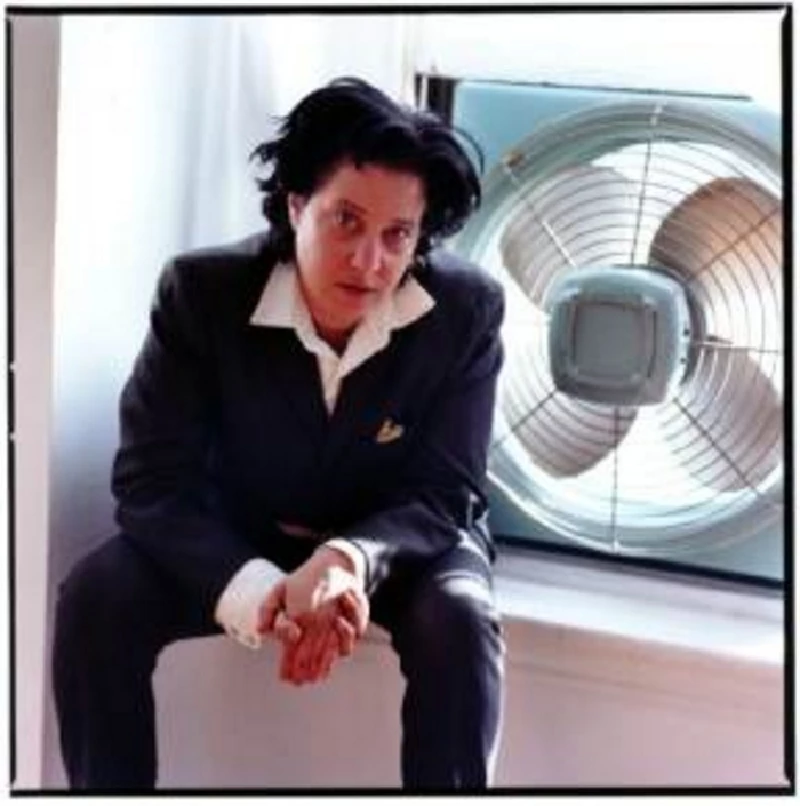
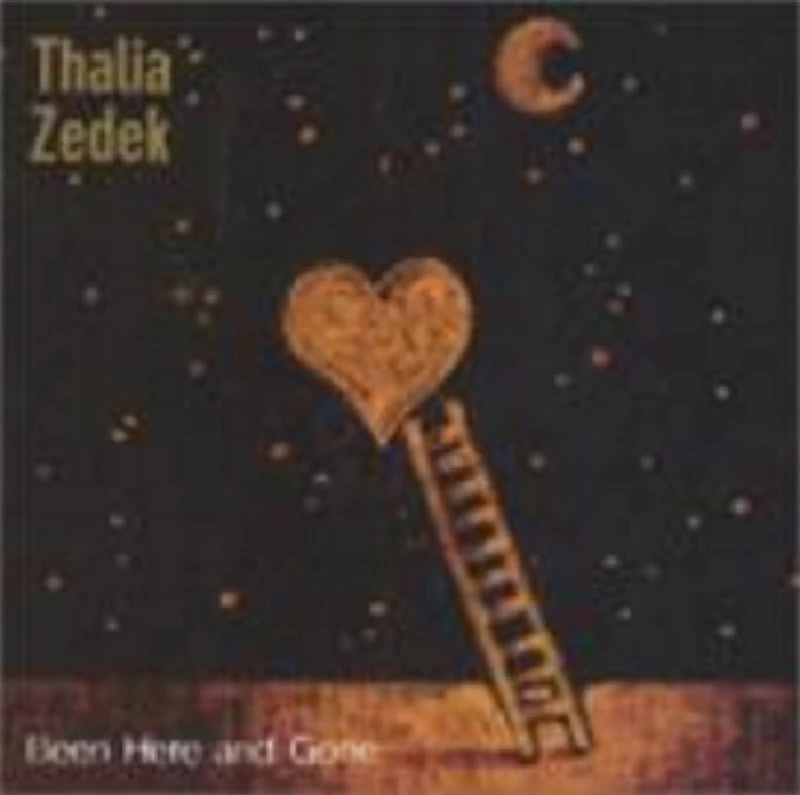
interviews |
|
Interview (2013) |
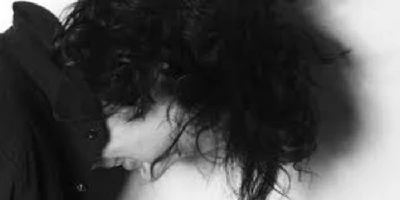
|
| Paul Waller speaks to Thalia Zedek, the former singer with alternative rock/experimental acts Come and Live Skull about 'Via', her fourth and latest solo album |
soundcloud
reviews |
|
Been Here And Gone (2001) |
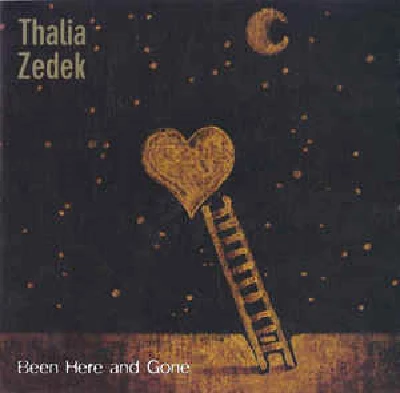
|
| As the co-leader of the highly acclaimed Come, Thalia Zedek developed a reputation in the 1990s for playing Sonic Youth style discordant rock with an abrasive edge. All four of Come's albums- 'Ele |
most viewed articles
current edition
Peter Doherty - Blackheath Halls, Blackheath and Palace Halls, Watford, 18/3/2025 and 21/3/2025Armory Show - Interview with Richard Jobson
Liz Mitchell - Interview
Deb Googe and Cara Tivey - Interview
Lauren Mayberry - Photoscapes
Max Bianco and the BlueHearts - Troubadour, London, 29/3/2025
Garfunkel and Garfunkel Jr. - Interview
Maarten Schiethart - Vinyl Stories
Clive Langer - Interview
Sukie Smith - Interview
previous editions
Heavenly - P.U.N.K. Girl EPBoomtown Rats - Ten Songs That Made Me Love....
Trudie Myerscough-Harris - Interview
Doris Brendel - Interview
Beautiful South - Ten Songs That Made Me Love...
Kay Russell - Interview with Kay Russell
Dwina Gibb - Interview
Pulp - Ten Songs That Made Me Love...
Barrie Barlow - Interview
Sound - Interview with Bi Marshall Part 1
most viewed reviews
current edition
Davey Woodward - Mumbo in the JumboNigel Stonier - Wolf Notes
Wings - Venus and Mars
Kate Daisy Grant and Nick Pynn - Songs For The Trees
Only Child - Holy Ghosts
Neil Campbell - The Turnaround
Philip Jeays - Victoria
Darkness - Dreams On Toast
Suzanne Vega - Flying With Angels
Charles Ellsworth - Cosmic Cannon Fodder
Pennyblackmusic Regular Contributors
Adrian Janes
Amanda J. Window
Andrew Twambley
Anthony Dhanendran
Benjamin Howarth
Cila Warncke
Daniel Cressey
Darren Aston
Dastardly
Dave Goodwin
Denzil Watson
Dominic B. Simpson
Eoghan Lyng
Fiona Hutchings
Harry Sherriff
Helen Tipping
Jamie Rowland
John Clarkson
Julie Cruickshank
Kimberly Bright
Lisa Torem
Maarten Schiethart